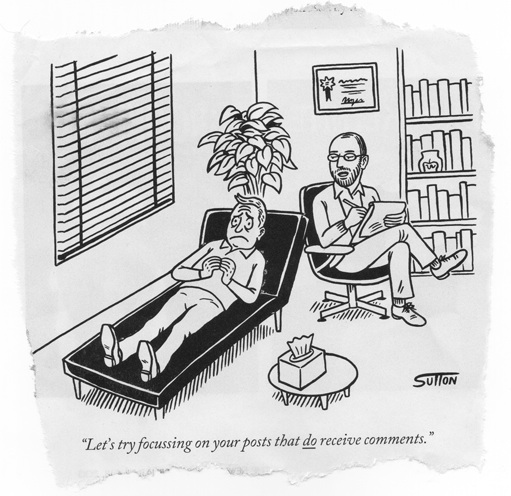J. D. Harrison writes: During an event last week about entrepreneurship, William Galston, a senior fellow at the Brookings Institute, played devil’s advocate.
Karen Mills, the former head of the Small Business Administration, spearheaded the push with new programs tailored for what she called “encore entrepreneurs.” Congress has introduced legislation called the Empowering Encore Entrepreneurs Act, calling for more support for business owners over the age of 50. Even AARP has joined the party, partnering with the federal government to develop training programs for older individuals interested in starting a company.
“Boomers have been, and will continue to be, an entrepreneurial generation,” researchers from the Kauffman Foundation, an entrepreneurship research and advocacy group, wrote in a report released last week. “As they work longer and live longer, boomers also will be entrepreneurs for longer.”
But is that really such a good idea?
Galston noted that many boomers’ savings were hit hard by the recession, and today, the average American household now has only around $25,000 in savings and investments (excluding home and pension benefits), as shown in research by the Employee Benefit Research Institute. American households comprised of individuals in their 50s and 60s now have markedly smaller net worth on average than similar households in the 1980s.
It stands to reason that older entrepreneurs have a shorter window in which to bounce back financially from a failed business venture. In part, Galston said, it’s that limited recovery time that has resulted in most business owners making the leap while in their 30’s and 40’s.
Galston said: “It is rational to take risks when you are younger. It is less rational to take those same risks when you’re older.”
Rep. Tulsi Gabbard (D-Haw.),raised another important concern about the underlying priorities – rather than the economic implications – of older entrepreneurs starting businesses.
Galston warned that the aging boomer generation may further clog the engine. He noted that, with the retirement of the boomers, the size of the U.S. labor force will shrink over the coming decades, potentially slowing economic output. At the same time, their increased dependency on services like Medicare and Social Security will pose additional problems for the country, further threatening the economy.
Galston argued that baby boomers can play a potentially vital role in the country’s economic and entrepreneurship recoveries – but as investors, not start-up founders and business owners.

